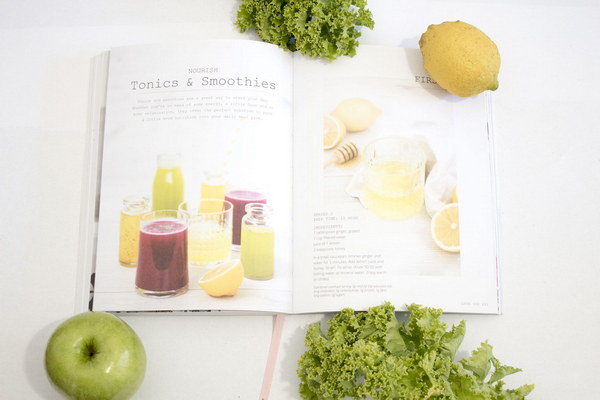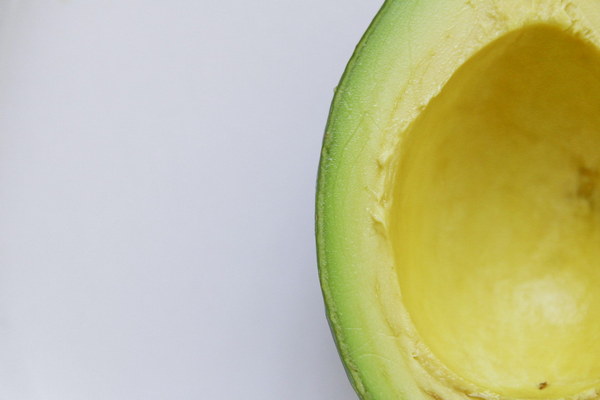LiverProtecting Tea The Surprising Side Effect of Fertility Reduction
In recent years, the health benefits of tea have been extensively researched, and many have turned to herbal teas for their potential medicinal properties. One such tea, known for its liver-protecting benefits, has raised eyebrows among consumers for an unexpected side effect: fertility reduction. This article delves into the world of liver-protecting tea and its surprising impact on fertility.
Liver-protecting tea, often referred to as milk thistle tea, is made from the seeds of the milk thistle plant (Silybum marianum). This herbal tea has been used for centuries to support liver health, thanks to its active compound, silymarin. Silymarin is a powerful antioxidant that helps protect the liver from toxins and free radicals, thereby preventing liver damage and promoting liver regeneration.
While the liver-protecting benefits of milk thistle tea are well-documented, recent studies have shown that this herbal tea may also have a fertility-reducing effect. The concern arises from the fact that silymarin can interfere with hormone production, specifically testosterone in males and estrogen in females.

For men, testosterone is crucial for sperm production and overall reproductive health. Silymarin has been found to inhibit the production of testosterone, leading to decreased sperm count and motility. This can be a concern for men who are trying to father a child, as reduced sperm quality can make conception more difficult.
In women, silymarin can affect estrogen levels, which are essential for regular menstrual cycles and ovulation. High doses of milk thistle tea have been linked to hormonal imbalances, such as irregular menstrual cycles and anovulatory cycles, which can lead to infertility.
Despite these concerns, it is important to note that the fertility-reducing effects of milk thistle tea are primarily associated with high doses and long-term consumption. Moderate consumption of liver-protecting tea, such as one to two cups per day, is unlikely to have a significant impact on fertility.
However, for individuals who are planning to start a family or are currently trying to conceive, it is advisable to consult with a healthcare professional before incorporating milk thistle tea into their daily routine. This is especially true for women who are already experiencing fertility issues or have a history of hormonal imbalances.
For those who are interested in the liver-protecting benefits of milk thistle tea, it is essential to choose high-quality, organic products and follow recommended dosages. While the tea may not be suitable for everyone, it can still be a valuable addition to a healthy diet and lifestyle.
In conclusion, liver-protecting tea, such as milk thistle tea, offers numerous health benefits, including liver protection. However, it is important to be aware of the potential fertility-reducing side effects associated with high doses and long-term consumption. By consulting with a healthcare professional and maintaining moderate intake, individuals can safely enjoy the liver-protecting benefits of milk thistle tea while minimizing the risk of fertility issues.









